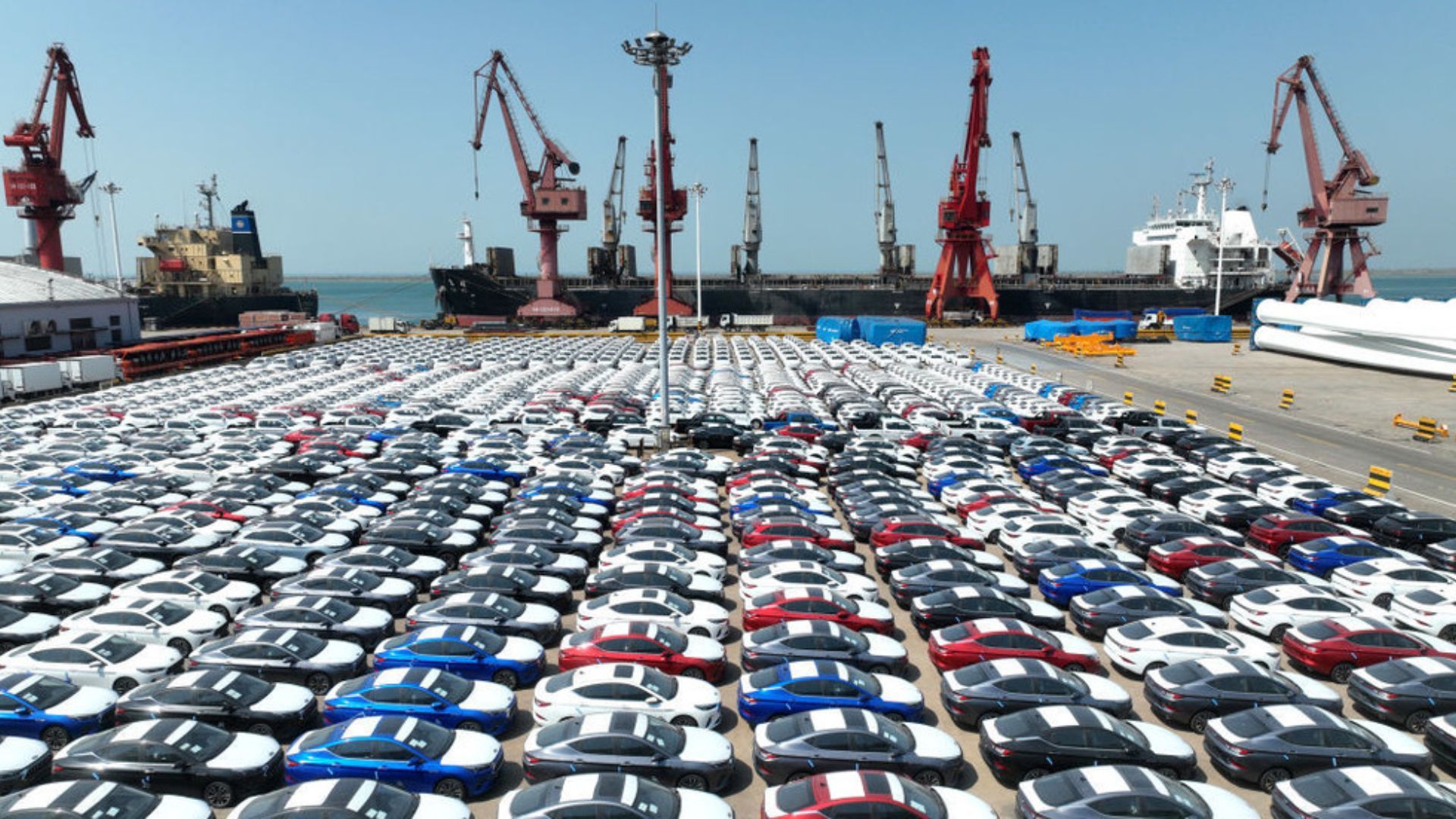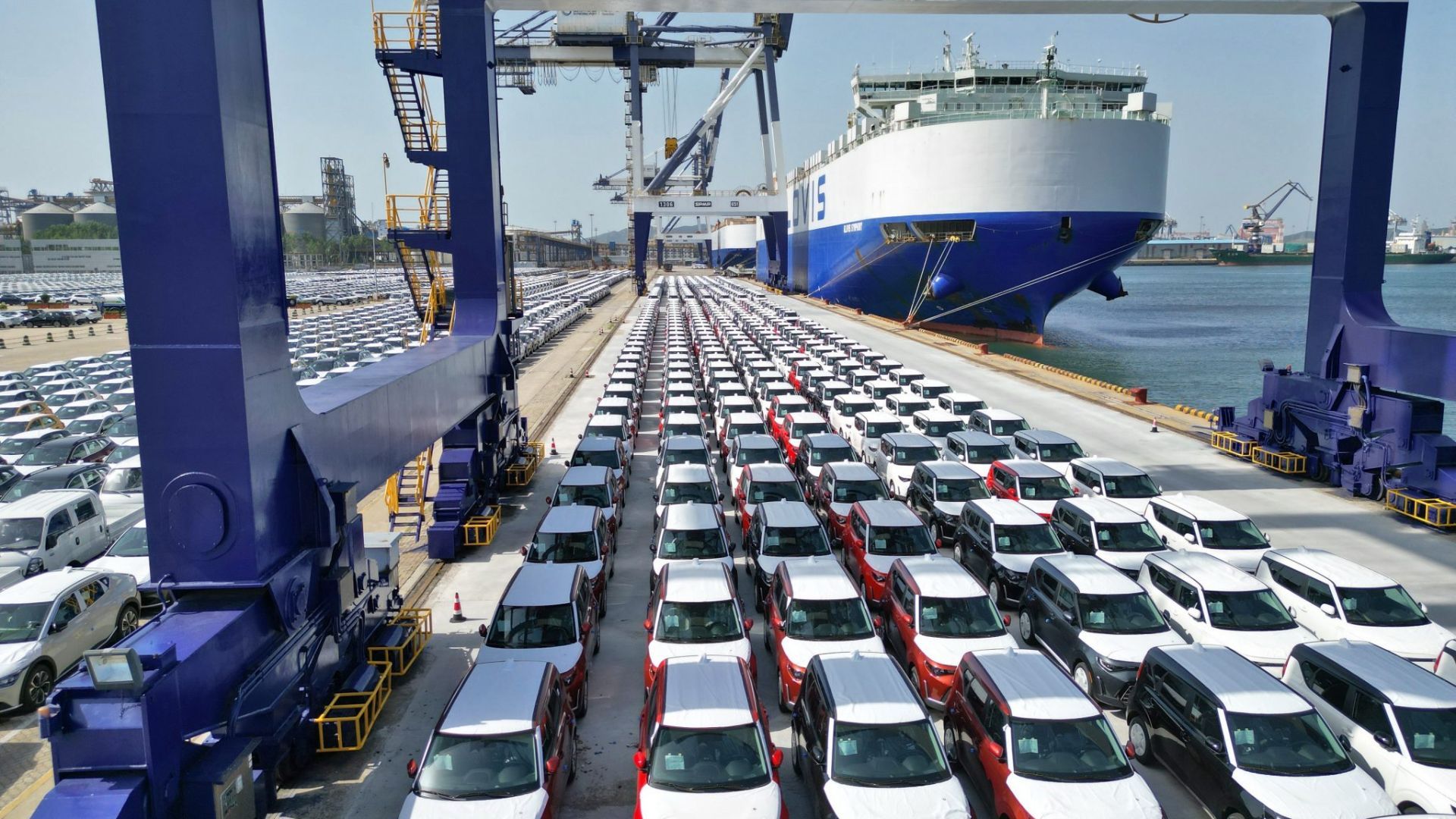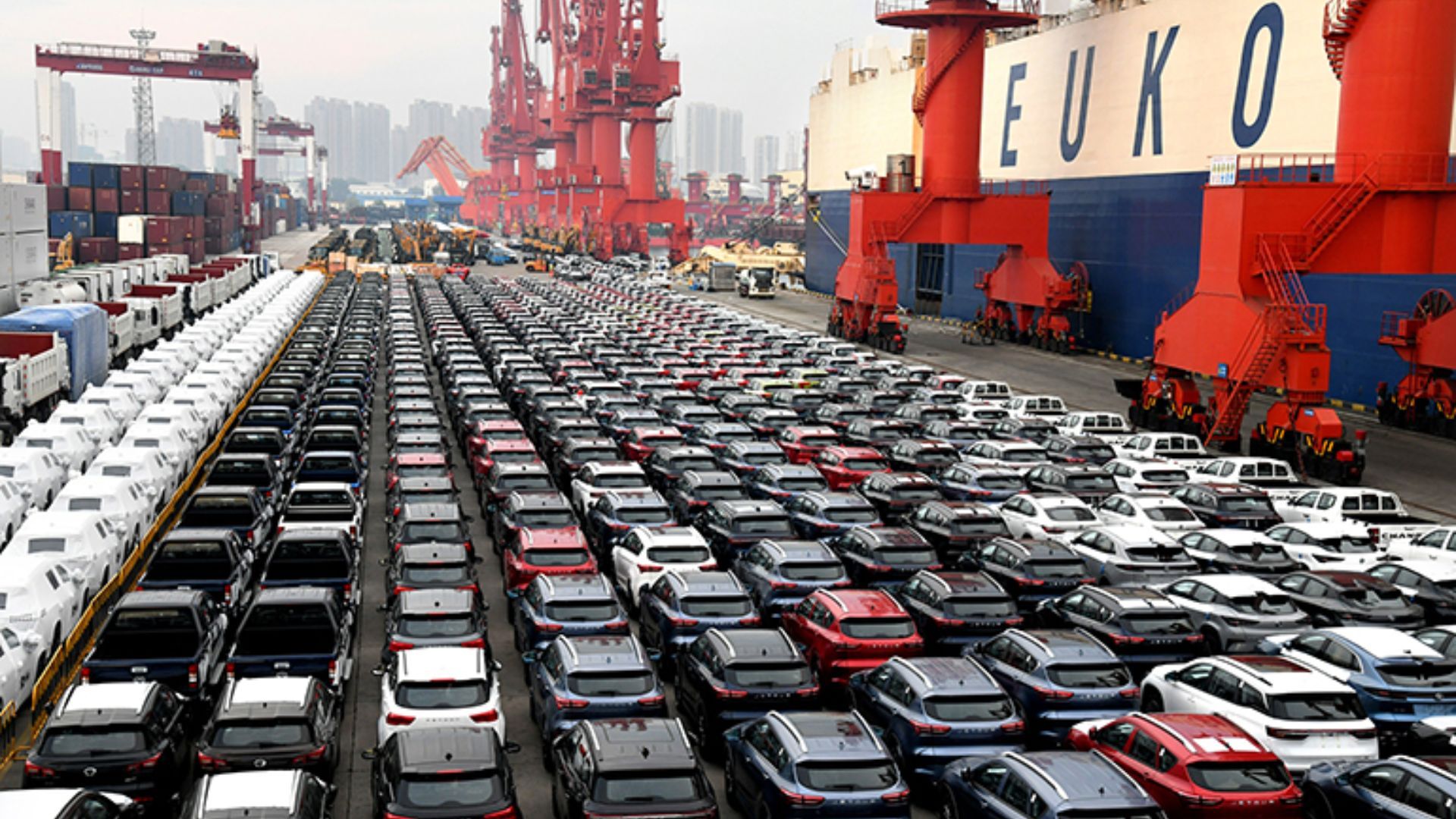

What Are the Common Challenges Faced in Car Exporting?
Car exporting is a lucrative business, with Dubai being one of the leading hubs for this trade. The demand for Dubai car export has grown significantly due to the wide variety of vehicles available and the competitive prices. However, exporting cars from Dubai or any other region comes with its own set of challenges. Understanding these challenges is crucial for anyone involved in the Dubai Car Export business.

Understanding Import Regulations
One of the biggest challenges in Dubai car export is navigating the import regulations of the destination country. Each country has its own set of rules and standards regarding vehicle imports. These regulations can include restrictions on vehicle age, emissions standards, safety requirements, and even specific models that can or cannot be imported.
Failing to comply with these regulations can result in delays, fines, or even the rejection of the vehicle at the border. Therefore, it’s essential to be well-informed about the import regulations of the destination country before initiating a Dubai car export.
Shipping and Logistics Complications
The logistics of shipping vehicles is another significant challenge in the Dubai car export business. Transporting cars across international borders involves coordination between various parties, including shipping companies, customs agents, and local authorities. Any miscommunication or delay at any stage can disrupt the entire process.
Weather conditions, shipping route changes, and port congestion are common issues that can cause delays in Dubai car export. Additionally, ensuring the safe transport of vehicles, particularly high-value cars, requires specialized shipping containers and handling procedures, adding to the complexity and cost.
Customs Clearance and Documentation
Customs clearance is a critical step in the Dubai car export process. Proper documentation is necessary to ensure that the vehicle passes through customs smoothly. Missing or incorrect documentation can lead to significant delays or even the seizure of the vehicle by customs authorities.
The required documentation typically includes a bill of lading, commercial invoice, proof of ownership, and sometimes additional certificates such as emissions compliance or vehicle inspection reports. Each document must be accurate and up-to-date to avoid complications during the customs clearance process.
Currency Fluctuations and Payment Risks
Currency fluctuations can significantly impact the profitability of Dubai car export. Since car exports involve international transactions, the exchange rate between the currencies of Dubai and the destination country can fluctuate, affecting the final cost for both the buyer and the seller.
Moreover, securing payments from international buyers can be challenging. Payment risks, including late payments or non-payments, are common in the Dubai car export business. It’s crucial to use secure payment methods and possibly work with trusted financial institutions to mitigate these risks.
Competition in the Car Export Market
The car export market, particularly in Dubai, is highly competitive. Numerous dealers and exporters are vying for business, which can drive down prices and profit margins. Standing out in this competitive market requires offering exceptional service, competitive pricing, and a wide range of vehicles.

Conclusion:
Navigating the challenges of Dubai car export can be daunting, but with the right partner, the process becomes much more manageable. Nubia Cars is a trusted name in the car export industry, offering expert guidance and top-quality vehicles. Their experience in handling the complexities of international car export ensures a smooth and efficient process from start to finish. Whether you’re exporting luxury cars or more affordable options, Nubia Cars is your go-to partner for all your Dubai car export needs.
Add a comment Cancel reply
Categories
- 2024 Lexus GX550 (7)
- 2024 Toyota Prado (1)
- Bulletproof Cars (5)
- bulletproof cars for sale (1)
- Car Export (4)
- Car Exports (2)
- Car Import & Export (10)
- Fabrication (1)
- Hilux Pickup Truck (2)
- landcruiser buffalo export Dubai price (1)
- Luxury Car Export (3)
- Lеxus LX 600 (5)
- Toyota car exporter (1)
- Toyota Car Exporters (5)
- Toyota Hiacе Bus (5)
- Uncategorized (13)
Recent Posts
About us

Related posts


Who among the Car Exporters in Dubai has the best Customer Feedback ?








